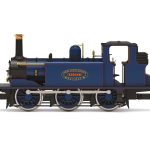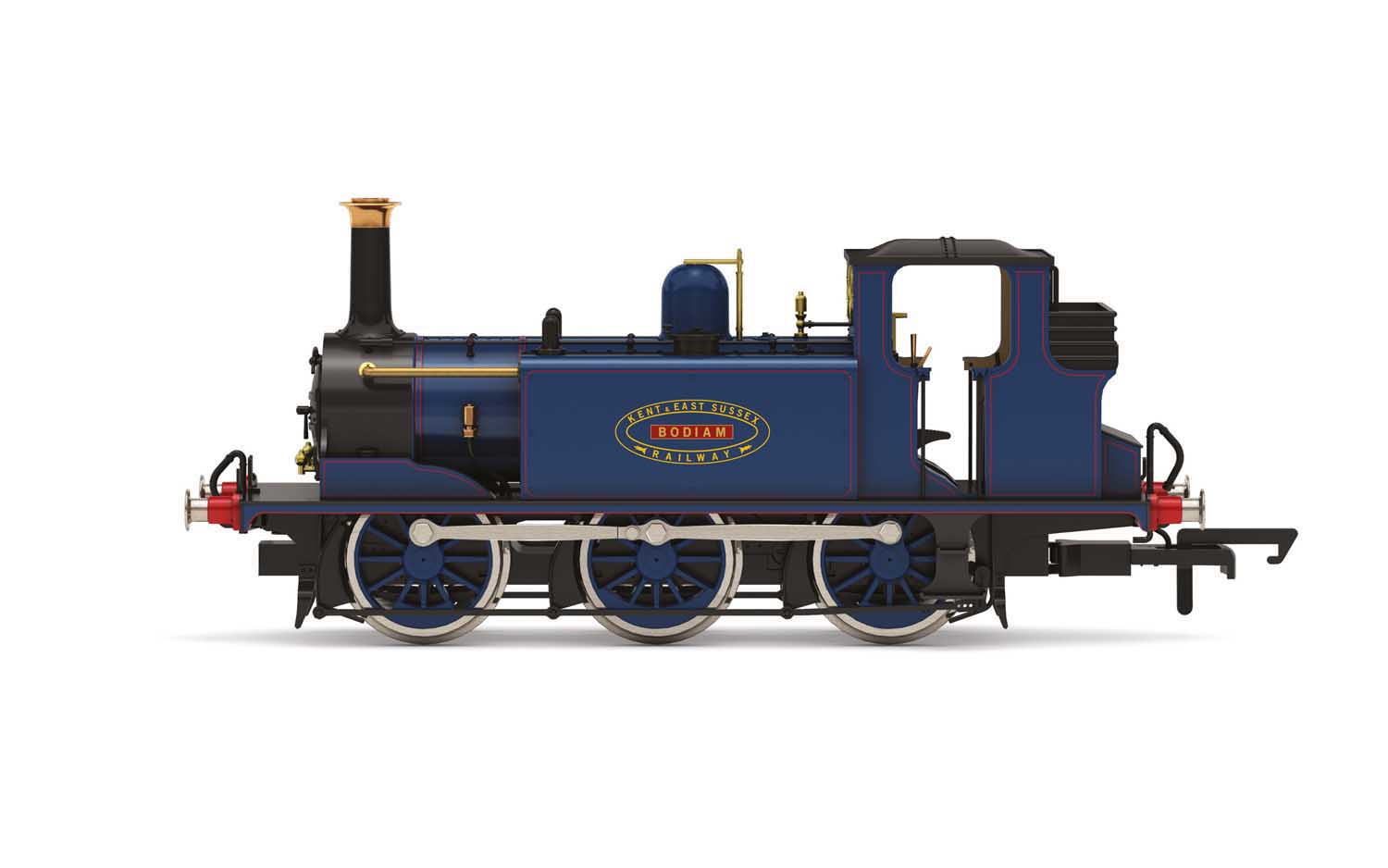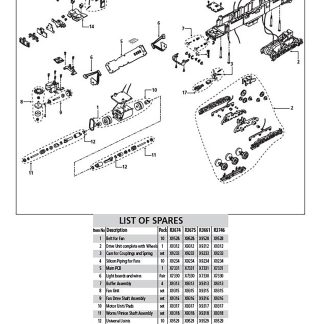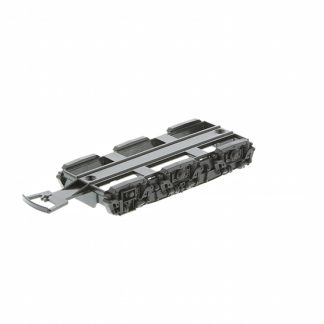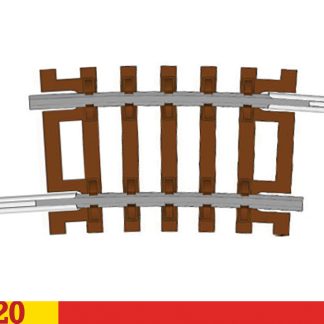Description
The London, Brighton and South Coast Railway (LB&SCR) A1 Class 0-6-0T locomotive was designed by William Stroudley.
A total of 50 locomotives were built between 1872 and 1880. Initially, the class were designed to haul commuter trains on the heavily congested lines in South and South-East London, as well as operating through the Marc Isambard Brunel designed Thames Tunnel. The LB&SCR later introduced larger and more capable D Class locomotives which began being used for most of the company's commuter trains. Nonetheless, the reliability of the A1 class was such that most were put to other work or sold on to other railways rather than being scrapped. Between 1911 and 1913 twelve of the A1s that had remined at the LB&SCR were rebuilt with new boilers and extended smoke boxes to become the A1X class along with a further four after the first world war.
By 1923, at the formation of Southern Railway, 15 locomotives had remained in LB&SCR ownership, and these along with another 9 locomotives which had been sold to other railways in the region fell into Southern Railway ownership. Weight restrictions on many of the light railways inherited by the Southern Railway necessitated that the light A1 class locomotives remain in service despite their old age. One A1 locomotive and 14 A1X locomotives remained in service long enough to enter into British Railway stock. Most of these remained in the Southern Region, although one remained in the Western Region having previously found its way into GWR ownership after been sold to the Weston Clevedon & Portishead Railway which closed in 1940.
The Class remined in service until many of the lines they operated on were eventually closed. The last of these was the line to Hayling Island which was scheduled for closure in November 1963. With the impending closure of the line, BR decided to withdraw the class from service. At the time of her withdrawal, No. 32636 was the oldest working steam engine in British Railways ownership. The final operational A1X with BR was No. 32678, which remained in service until August 1963. The engines were famously known as 'Terriers' due to the distinctive 'bark' of their exhaust beat.
Built in 1872, this locomotive spent much of the first 30 years of its life working the suburban London lines as L&BSCR No. 70. When the L&BSCR decided to reduce its numbers of 'Terrier' locomotives, No. 70 was sold to the Rother Valley Railway (later the Kent & East Sussex Railway) in May 1901. Now painted blue and numbered No. 3 'Bodiam', the locomotive was temporarily withdrawn from service in 1931, but returned to the line in 1933. After nationalisation Bodiam was re-numbered No. 32670, continuing to serve on the K&ESR before being moved to Hayling Island. No. 32670 was withdrawn due to that branch's closure in 1963, but saved for preservation.

